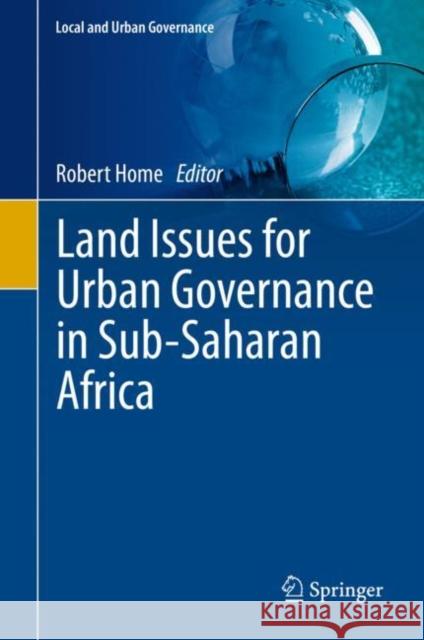Land Issues for Urban Governance in Sub-Saharan Africa » książka
topmenu
Land Issues for Urban Governance in Sub-Saharan Africa
ISBN-13: 9783030525033 / Angielski / Twarda / 2020 / 360 str.
Land Issues for Urban Governance in Sub-Saharan Africa
ISBN-13: 9783030525033 / Angielski / Twarda / 2020 / 360 str.
cena 684,33
(netto: 651,74 VAT: 5%)
Najniższa cena z 30 dni: 655,41
(netto: 651,74 VAT: 5%)
Najniższa cena z 30 dni: 655,41
Termin realizacji zamówienia:
ok. 16-18 dni roboczych.
ok. 16-18 dni roboczych.
Darmowa dostawa!
Kategorie BISAC:
Wydawca:
Springer
Seria wydawnicza:
Język:
Angielski
ISBN-13:
9783030525033
Rok wydania:
2020
Wydanie:
2021
Numer serii:
001093140
Ilość stron:
360
Waga:
0.63 kg
Wymiary:
23.85 x 16.51 x 1.88
Oprawa:
Twarda
Wolumenów:
01











